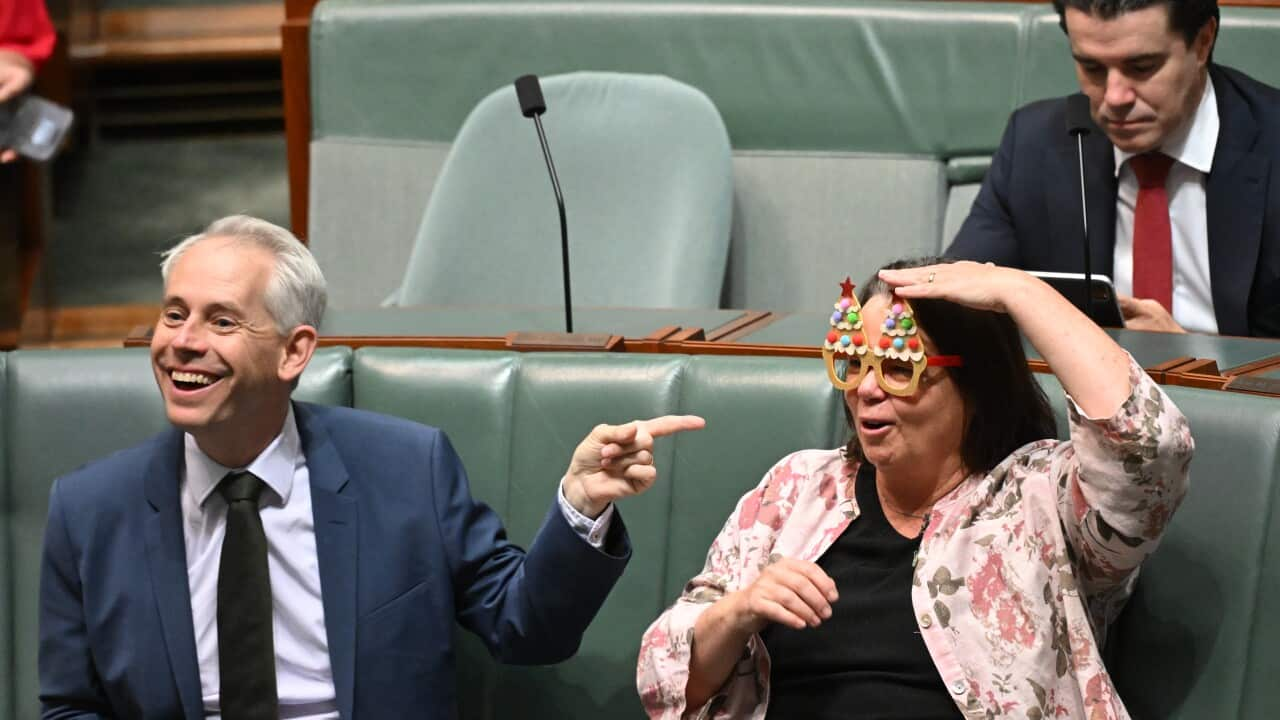Being a politician is a job with a unique hiring process, given candidates must win over voters instead of simply submitting a resume and attending an interview.
It also comes with no guarantee of long-term employment, as parliamentarians typically serve fixed terms.
But who is even allowed to run for office, and what does it take to become a politician?
SBS News spoke to Luke Beck, a professor of constitutional law at Monash University, to understand the unique eligibility criteria required in Australia.
So, who can be a politician?
Australia's constitution sets out some basic requirements for anyone looking to enter parliament and important exclusions.
- You have to be over 18, an Australian citizen,
- You can't be a public servant,
- You can't have committed treason, be under sentence or waiting for sentencing of an offence that has a penalty greater than 12 months,
- You can't be an undischarged bankrupt,
- You can't have any allegiance to a foreign power
That last one is the trickiest — because it counts out dual citizens.
The requirement made headlines in 2017, when 15 MPs and senators were caught up in what became known as the .
Many of those impacted were unaware they even held foreign citizenship, which they had inherited through birth or ancestry.
Since then, no further politicians have been disqualified under section 44, but the issue continues to surface in political debates.
One recent example involves independent senator Fatima Payman, who was born in Afghanistan.
Despite applying to renounce her Afghan citizenship in 2021, her request was not processed before the Taliban regained power — prompting calls from Senator Pauline Hanson that her eligibility to hold office should be reviewed.
However, Beck says that an inability to renounce citizenship formally does not necessarily lead to disqualification.
"The High Court has said that you have to take all reasonable steps to renounce your foreign citizenship before nominating, unless that's for some reason effectively impossible to do."

About 45 per cent of parliamentarians are women, 4 per cent are Aboriginal or Torres Strait Islander, and fewer come from non-English speaking backgrounds or were born overseas compared to the wider population, according to Per Capita. Source: SBS News
Is parliament representative of Australia?
While in theory, many Australians are eligible to run for office, there are also practical barriers that mean that politics remains dominated by specific demographics.
Progressive think tank Per Capita has looked into the demographics of federal politicians.
Emma Dawson, executive director, said: "Your typical federal politician, is a man, a white man in his late 40s or 50s, who has had a career either in the law or in politics or in finance before coming into parliament."
"That's not to say that we don't have a great deal more diversity in Parliament now than we have in the past. And so that typical picture we hope, is slowly changing over time."

Australia is one of the most ethnically and culturally diverse nations in the world.
One of the biggest differences is in education — politicians are almost three times more likely to have a tertiary qualification.
Dawson said: "When we look at what those qualifications are, a lot of them are in law or economics or fields that are directly relevant to law-making, to legislation and to understanding and managing the economy.
"And so there is a fear among some people that being a politician has become a profession, rather than a representative act that one does on behalf of the community."

